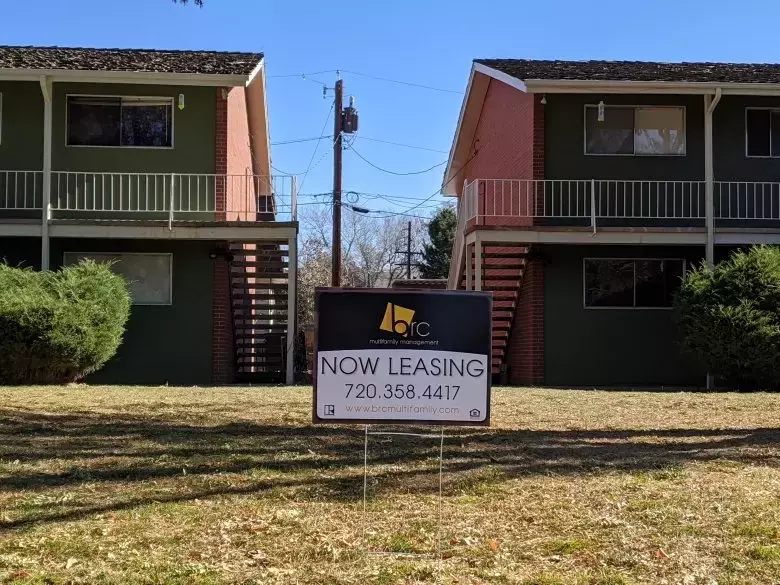A handful of conservative political nonprofits have wielded significant influence over three measures on Colorado's statewide ballot this year, pouring millions into signature gathering and advertising campaigns. While the identities of their donors remain largely obscured, a new law has shed light on the scale of their spending, raising questions about the role of "dark money" in shaping the state's political landscape.
Uncovering the Influence of Conservative Nonprofits
Proposition 128 and Amendment 80: Colorado Dawn's Spending Spree
Colorado Dawn, a conservative political nonprofit in Colorado Springs, has been the primary financial backer of Proposition 128 and Amendment 80 on the November ballot. The organization has spent a combined $2.7 million on signature gathering to get these measures on the ballot, and has since invested an additional $1.2 million in mailers, ads, and text messages supporting Amendment 80, as well as over $40,000 on texts supporting Proposition 128.Proposition 130: The Collaborative Effort of Conservative Nonprofits
Advance Colorado, another conservative political nonprofit, spent $826,430 on signature gathering to get Proposition 130 on the November ballot. This measure would require the legislature to create a $350 million fund to recruit, train, and retain police officers. Three other conservative political nonprofits – Unite for Colorado, Defend Colorado, and the Colorado Opportunity Foundation – each contributed around $200,000 to the signature-gathering effort for Proposition 130, bringing the total cost to approximately $1.45 million.The Interconnected Web of Conservative Dark Money
The spending disclosures have shed light on the intricate web of conservative dark money in Colorado. Three years ago, The Sun reported that at least $17.2 million was routed through Unite for Colorado in 2020 to support various Republican political groups and efforts in the state. Unite for Colorado now operates under the name Advance Colorado Action.Two individuals tie these spending efforts together: Michael Fields, who leads Advance Colorado and the Colorado Opportunity Foundation, and Daniel Cole, who leads Colorado Dawn. The vendors Colorado Dawn paid to work on Amendment 80 and Proposition 128, Victor's Canvassing and Cole Communications, are also linked to Cole.Dark Money and Property Tax Measures
The spending disclosures also reveal the involvement of conservative nonprofits in property tax-related measures. Advance Colorado Action spent $320,000 on signature gathering for Initiative 108, which would have cut property taxes statewide by an estimated $2.4 billion starting in the 2025 tax year. Unite for Colorado spent $174,080 on signature gathering for the same measure.Additionally, Advance Colorado Action spent more than $550,000 in 2023 on television and digital ads opposing Proposition HH, the failed property tax proposal from Governor Jared Polis and Democrats in the legislature.Navigating the Disclosure Landscape
Nonprofits have been required to disclose their spending on ballot measures to the Colorado Secretary of State's Office for two years, but the filings are not easily trackable. The Colorado Sun only recently learned where to search for the disclosures, and at least one report of over $850,000 in spending was missing from the database. The Sun has created its own spreadsheet to monitor the expenditures.A Bipartisan Critique of the Political Parties
In a separate news conference, Democrat Adam Frisch, who is running for Congress in Colorado's 3rd District, expressed frustration with both the Democratic and Republican parties. Frisch stated that while the Democratic Party can be frustrating, the Republican Party frustrates him even more. He acknowledged that neither party has a monopoly on good ideas, and he has considered running as an independent and caucusing with the Democratic Party, but ultimately decided to try to change the Democratic Party from within by advocating for more representation from the political middle.The Impact on Renters and the Property Tax Commission
The Colorado Sun also explored the potential impact of the state's recent property tax cuts on renters. Lobbyists for the Colorado Apartment Association admitted that renters are unlikely to see any immediate, direct benefit from the tax cuts, as rents are primarily dictated by supply and demand rather than a landlord's operating costs. However, both landlord and tenant groups agreed that over time, tax increases can indirectly lead to higher costs for renters.The Property Tax Commission is now examining whether renters will benefit equitably from the state's property tax cuts, or if the billion-plus dollars in cuts will mostly go to homeowners and businesses. The commission also plans to take a closer look at the business personal property tax, a longtime gripe of the business community, as well as the declining value of the senior homestead exemption.




